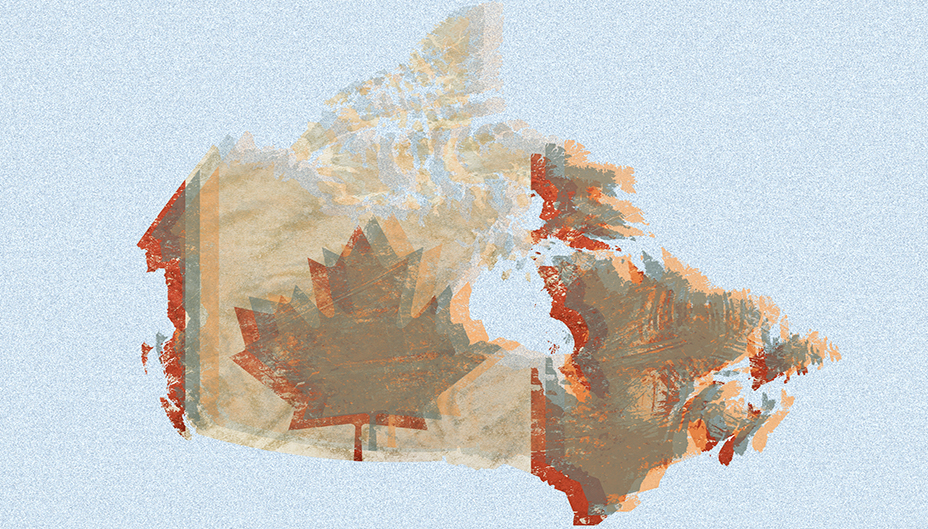Why Investors Stick Close To Home
Written by The Content Team
Published on July 23, 2019
minute read
Share:
We celebrate Canada officially once a year, kicking off the summer season. But, in our portfolios, many of us tend to show our love for this country year round. It's a phenomenon known as home country bias.
According to RBC Global Asset Management (RBC GAM), Canadian investors tend to hold most of their assets within the domestic market, particularly when it comes to equities. Canadians, RBC GAM notes, hold almost 60 per cent of their equities here in Canada. It's something that happens globally, too.
Why do investors stick close to home? RBC GAM points out three common reasons:
1. Heightened expectations
Investors tend to have a more optimistic view of their domestic economy than foreign investors. This may lead to heightened return expectations for one's own home market and can feed into a desire to invest close to home.
2. A fondness for what's familiar
Have a favourite local home-renovation or grocery store? Maybe a much-frequented fast-food outlet or retailer? Investors often develop a sense of familiarity with stores and business models. Seeing long lines in-person might make an investor more comfortable with investing in a domestic outlet than in its global equivalent.
3. To offset liabilities
Investments are sometimes designed to offset an investor's future liability — a child's education, a cottage or retirement, for example. Because costs associated with these are often influenced by domestic inflation and interest rates, some investors who hold domestic assets may find they move in tandem with these costs.
Home sweet home?
As one writer details in Is Buying Local Always the Best Strategy?, regional restrictions may be limiting, be it in your portfolio or on your dinner plate. For investors, it's important to be aware of home country bias and what it can mean for portfolio diversification.
What's your take? Leave a comment to get the conversation going in the Forums.
RBC Direct Investing Inc., RBC Global Asset Management Inc. and Royal Bank of Canada are separate corporate entities which are affiliated. RBC Direct Investing Inc. is a wholly owned subsidiary of Royal Bank of Canada and is a Member of the Investment Industry Regulatory Organization of Canada and the Canadian Investor Protection Fund. Royal Bank of Canada and certain of its issuers are related to RBC Direct Investing Inc. RBC Direct Investing Inc. does not provide investment advice or recommendations regarding the purchase or sale of any securities. Investors are responsible for their own investment decisions. RBC Direct Investing is a business name used by RBC Direct Investing Inc. ® / ™ Trademark(s) of Royal Bank of Canada. RBC and Royal Bank are registered trademarks of Royal Bank of Canada. Used under licence. © Royal Bank of Canada 2019. All rights reserved.
The views and opinions expressed in this publication are for your general interest and do not necessarily reflect the views and opinions of RBC Direct Investing. Furthermore, the products, services and securities referred to in this publication are only available in Canada and other jurisdictions where they may be legally offered for sale. If you are not currently resident of Canada, you should not access the information available on the RBC Direct Investing website.
Explore More

5 Ways to Get More Out of Your RESP
How can you make the most of this investment vehicle? We explain.
minute read

There's an ETF for That!
Find out more about the options that are out there
minute read

ETF Trends from the RBC Capital Markets Trading Floor – May 2025
Here’s what we saw on the trading floor in May 2025
minute read
Inspired Investor brings you personal stories, timely information and expert insights to empower your investment decisions. Visit About Us to find out more.







